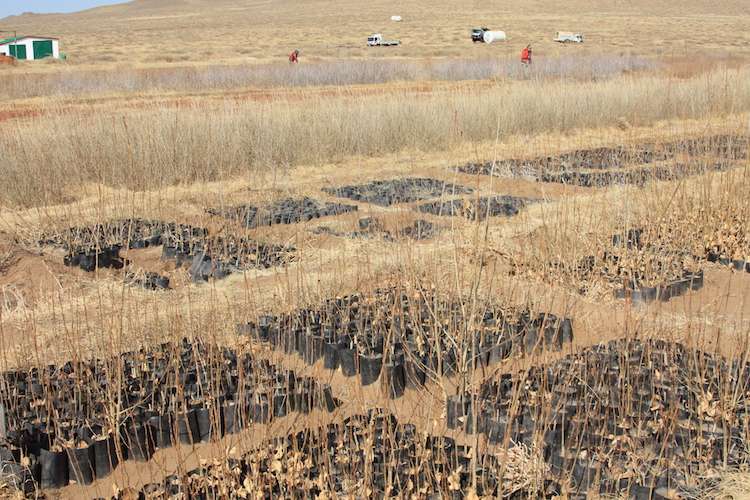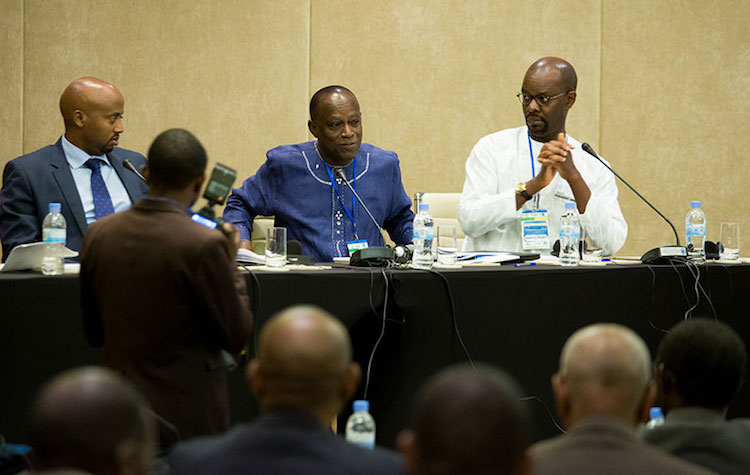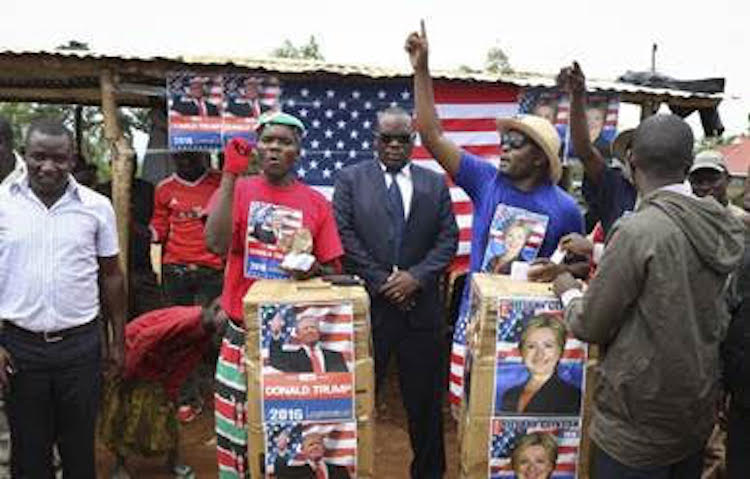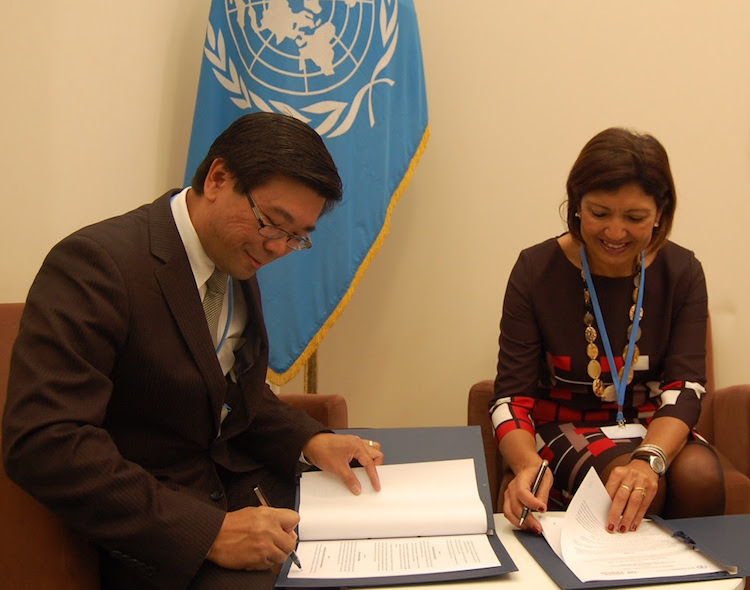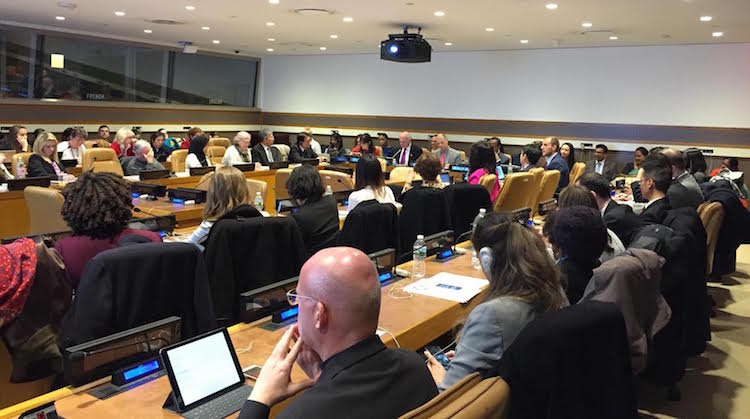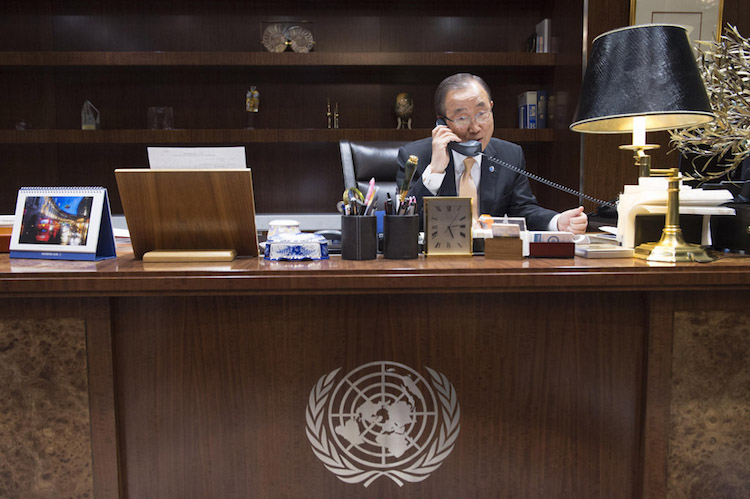MARRAKECH (IDN) – Morocco has agreed to host the Africa Regional coordination Unit of the United Nations Convention to Combat Desertification (UNCCD) with a view to providing the Bonn-based secretariat with vital support services that the Parties to the Convention need to effectively implement the Convention in Africa.
The announcement to this effect was made on November 14 by Abdeladim Lhafi, Morocco’s High Commissioner for Water and Forests and the Fight against Desertification and Commissioner of the 22nd session of Conference of the Parties to the Climate Change Conference (COP22), from November 7 to 18 in Marrakech.

